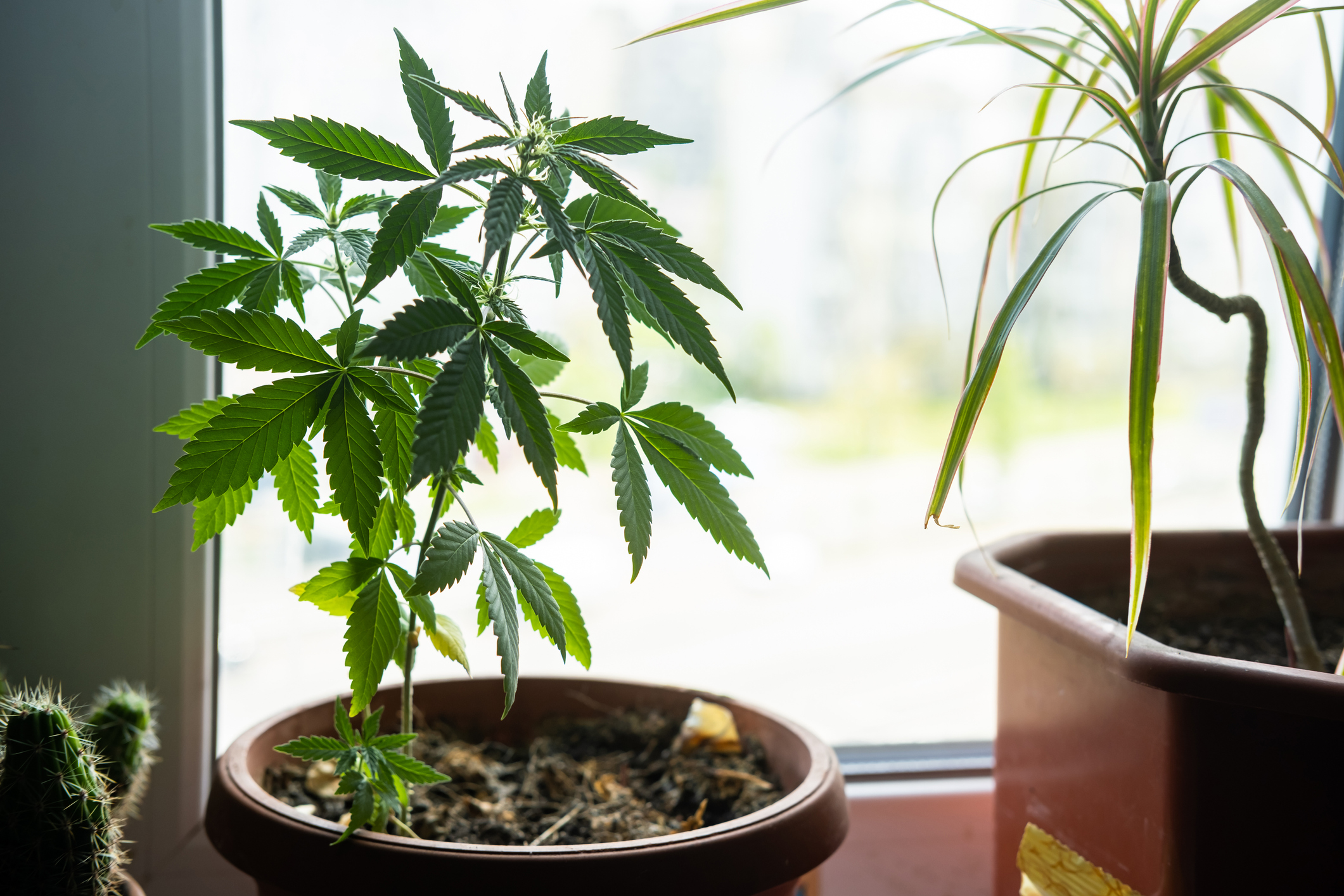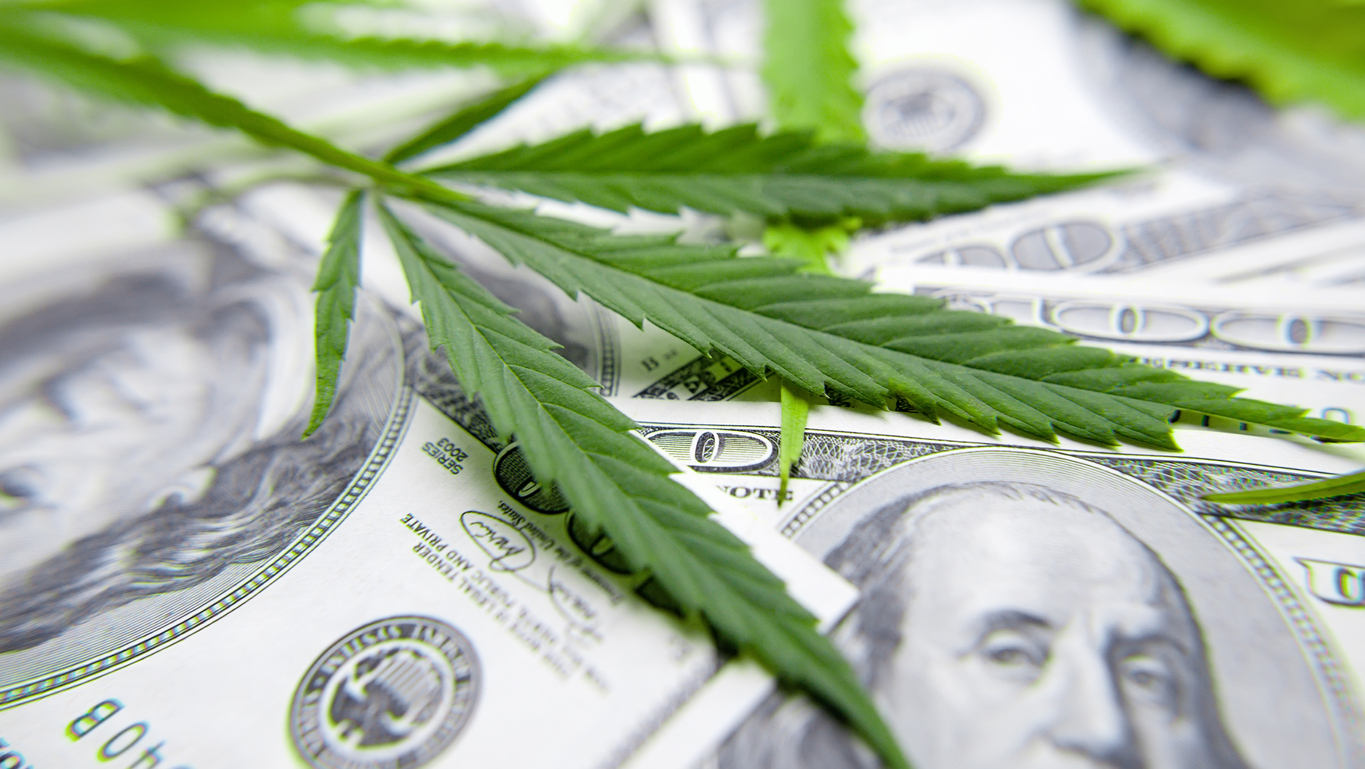
Pennsylvania’s journey with cannabis legalization has been a slow but evolving process. In 2016, the Commonwealth took its first significant step by legalizing medical cannabis through the Medical Marijuana Act. This program has since served over 400,000 registered patients. Despite this progress, efforts to legalize recreational cannabis have repeatedly stalled in the General Assembly. Advocates for reform argue that the continued prohibition of recreational cannabis not only lags behind public opinion but also places Pennsylvania at odds with neighboring states and the broader national trend toward legalization.
On December 2, 2024, Representatives Rick Krajewski and Dan Frankel issued a cosponsor memorandum advocating for Pennsylvania cannabis legalization. Their proposed legislation, set to be formally introduced in 2025, aims to legalize and regulate adult-use cannabis while addressing the harms of prohibition and promoting equity within the state. This initiative represents an opportunity for Pennsylvania to join 24 states that have legalized recreational cannabis, including five of its six neighbors.
Why Pennsylvania Cannabis Legalization Matters Now
Pennsylvania remains one of the few states to criminalize recreational cannabis despite public support for reform. A 2022 Muhlenberg College poll found that 58% of Pennsylvanians supported the legalization of recreational cannabis, demonstrating a clear shift in public opinion.
The consequences of prohibition are far-reaching. Many Pennsylvanians travel to neighboring states like New York and New Jersey, where recreational cannabis is legal, to make purchases, or they rely on unregulated markets. This dynamic leaves Pennsylvania losing out on potential tax revenue—funds the state could reinvest in education, infrastructure, and public health programs.
In July 2018, former Pennsylvania Auditor General Eugene DePasquale released a report estimating that legalizing and taxing adult-use cannabis could generate approximately $581 million in annual tax revenue for the state. This projection was based on data indicating that about 8.38% of Pennsylvania adults (approximately 798,556 individuals) were regular cannabis users, with an average annual expenditure of $2,080 per user. Applying a 35% tax rate to the estimated $1.66 billion retail market resulted in the $581 million revenue estimate.
Addressing Prohibition’s Legacy Through Cannabis Legalization
The Krajewski-Frankel cannabis legalization bill, as outlined in the cosponsor memorandum, seeks to address the damaging impacts of prohibition. Key focus areas include:
Expungement and Restorative Justice
Decades of prohibition have disproportionately impacted Black and Brown communities in Pennsylvania. The proposed legislation would include measures to expunge the records of individuals with minor cannabis-related offenses, giving them a clean slate and addressing long-standing inequities in the criminal justice system.
Reinvestment in Communities
The measure would direct revenue generated from legal cannabis sales toward communities most affected by the war on drugs. This reinvestment aims to address systemic disparities while creating economic opportunities at the local level.
Public Health Protections
To ensure consumer safety, the legislation would implement safeguards such as limiting excessive THC levels, regulating packaging to prevent accidental ingestion by children, and restricting predatory marketing tactics. These measures align with recommendations from leading public health experts.
Opportunities for Local Businesses
The bill would prioritize opportunities for Pennsylvania-based and diverse operators, fostering a sustainable cannabis industry that benefits local entrepreneurs rather than enriching out-of-state corporations.
Learning From Other States’ Experiences
The memo emphasizes the importance of a carefully structured cannabis program. States that rushed into legalization without robust regulatory frameworks faced challenges, including continued dominance by illicit markets and insufficient consumer protections. Pennsylvania can learn from these examples to craft a thoughtful, equitable, and effective program.
What is Next for Pennsylvania Cannabis Legalization?
The Krajewski-Frankel legislation would significantly reform Pennsylvania’s cannabis policy. Advocates argue that legalization is no longer a question of if but when, as more Pennsylvanians recognize the economic, social, and public health benefits of regulated cannabis. As Pennsylvania legislators prepare for the 2025–26 session, this cosponsor memorandum lays the foundation for what could be a transformative policy for the Commonwealth. While legislators have introduced various bills in the last few years, none have reached the finish line.
Stay informed as we track the progress of this legislation and its impact on Pennsylvania’s future.
From The Experts
Expert insights from the authors at Duane Morris Government Strategies.
Ryan Stevens
This bill represents Pennsylvania lawmakers’ effort to modernize the Commonwealth’s cannabis policies while learning from the successes and challenges faced by other states.
Latest News
Photo credit: iStock.com/IURII BUKHTA THC-infused beverages are gaining traction across the country as an alternative to traditional cannabis products. While the 2018 Farm Bill legalized hemp-derived Delta-9 THC products containing less than 0.3% THC, regulations [...]
Photo credit: iStock.com/MiMaLeFi Twenty-four states, two territories, and the District of Columbia have legalized cannabis for adult recreational use. In contrast, the United States government has regulated cannabis under the Controlled Substances Act (CSA) as [...]
Marijuana in a pot on the windowsill. Home cultivation of medical cannabis. Cannabis laws have evolved rapidly across the United States. Cannabis has been shown to have benefits for a range of medical conditions, including [...]
Photo Credit: iStock.com/Aleksandr_Kravtsov Thirty-seven states, the District of Columbia, Guam, and Puerto Rico, have legalized cannabis to some degree. While in those 37 states and territories, it may be legal to some degree, the federal [...]






Stay In Touch